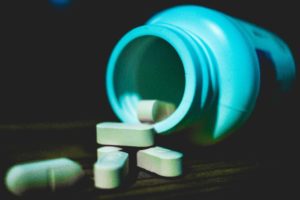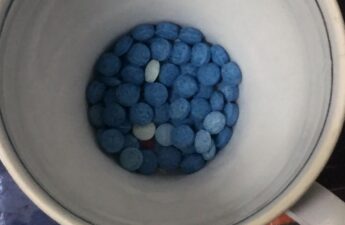
From the FDA
The U.S. Food and Drug Administration is warning consumers about criminals forging FDA warning letters to target individuals who tried to purchase medicines online or over the phone.
Based on the agency’s experience with criminals posing as FDA employees, the FDA is concerned that these fake warning letters are linked to an international extortion scam. The FDA generally does not issue warning letters to individuals who purchase medicines online.
“While warning letters are a common compliance tool used by the FDA, we typically send them directly to companies and individuals involved in the manufacturing or distribution of FDA-regulated products,” said FDA Commissioner Scott Gottlieb, M.D. “Consumers who aren’t involved in manufacturing or distributing FDA regulated products should be on alert that if you get an FDA warning letter, it’s probably fake, and probably a scam.”
The FDA became aware through its surveillance efforts that instead of receiving the drug products they attempted to purchase from a website or over the phone, consumers received official-looking, but fake, warning letters.
These fake warning letters, purporting to be from the FDA or the FDA and the Federal Trade Commission, claim the FDA has determined that there are drug violations based on a review of their parcel and their social media accounts.
The letters are addressed generally to a “Sir/Ma’am” but in some instances may include a specific name. The letters also warn consumers that “we are still investigating the root of this delivery & necessary legal steps will be taken if we found [sic] out any suspicious activity on your end.”
Any consumers who believe they may have received a fake warning letter should email FDAInternetPharmacyTaskForce-CDER@fda.hhs.gov with as much information as possible about the letter and its packaging, including sending photos or scanned documents to help aid in the FDA’s ongoing investigation of the scam.
In addition to being the target of scams like these, consumers who buy medicines from illegal online pharmacies may be putting their health at risk. The products purchased from illegal online pharmacies, while marketed as authentic, may be counterfeit, contaminated, expired or otherwise unsafe.
Most illegal online pharmacies lack adequate safeguards to protect personal and financial information and some intentionally misuse consumers’ information. These websites may infect computers with viruses or sell consumers’ personal information to other illegal websites and internet scams. If a consumer buys medicine from an illegal online pharmacy, they also risk being harassed by repeated emails and phone calls or being charged for products they never ordered or received.
The FDA’s BeSafeRx campaign seeks to educate consumers and health care professionals about the health risks of buying prescription medicine through fake online pharmacies and to help current and potential online pharmacy consumers to make informed purchasing decisions.


